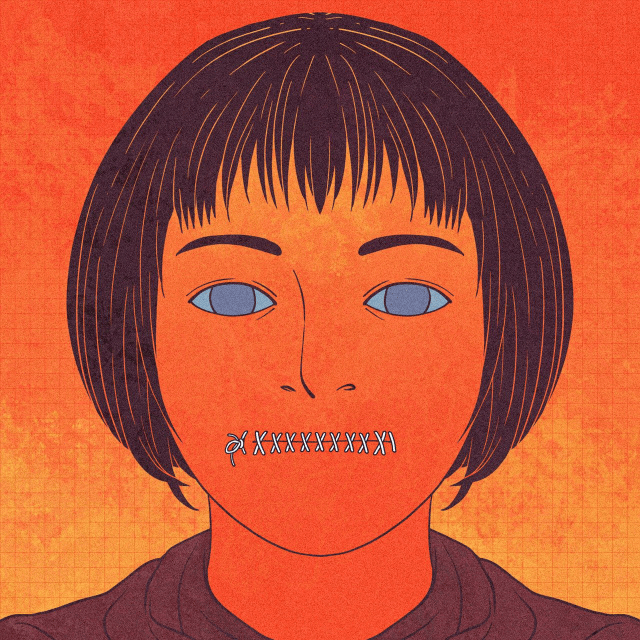
So, when does an individual’s opinion stay just that—an opinion? At what point does a joke cross the line from hilarious to hurtful? And when does free speech start to infringe on others’ rights?
Honestly, these are questions that have been on everyone’s mind since those two big controversies—the India’s Got Latent thing and then the Kunal Kamra incident. Both of them really got us thinking about free speech, comedy, and where we draw the line.
To expand the scope of this discussion, let’s bring in the new rising media—you know, the art of sitting behind a mic and giving opinions about everything from marriage to politics… I mean, podcasts.
It’s time to dive into a really timely question: how far should free speech go, and is censorship ever the right solution?
Comedy in the Crossfire
1. The India’s Got Latent Incident:
The India’s Got Latent controversy began when Ranveer Allahbadia, also known as BeerBiceps, made an obscene and tasteless joke on the show, sparking widespread outrage. An FIR was filed by the Guwahati Police on February 10, accusing Allahbadia, Makhija, and Raina of promoting obscenity through their participation in the show.
The backlash was severe, with several complaints filed against Allahbadia and the show’s host, Samay Raina. The All Indian Cine Workers Association (AICWA) even demanded an immediate ban on the show, along with legal action against those involved.
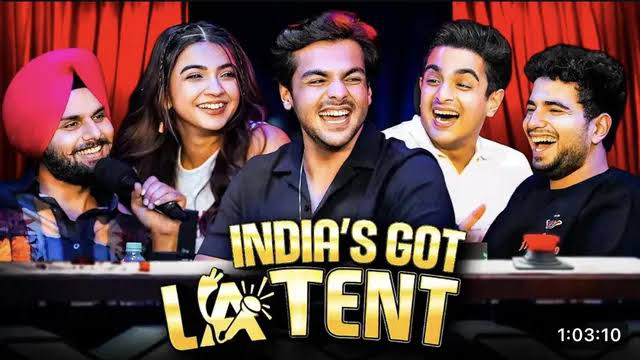
2. The Kunal Kamra Controversy:
Kamra performed a parody of a popular Hindi song, referring to Eknath Shinde as a “gaddar” (traitor). This didn’t sit well with Shiv Sena supporters, who vandalized the comedy club where Kamra performed. The comedian received over 500 threat calls, and an FIR was filed against him for allegedly making defamatory remarks against Shinde.
Kunal’s response was worthy of note. He writes on X, “Our right to freedom of speech and expression is not only to be used to fawn over the powerful and rich even though today’s media would have us believe otherwise… As far as I know, it is not against the law to poke fun at our leaders and the circus that is our political system.”
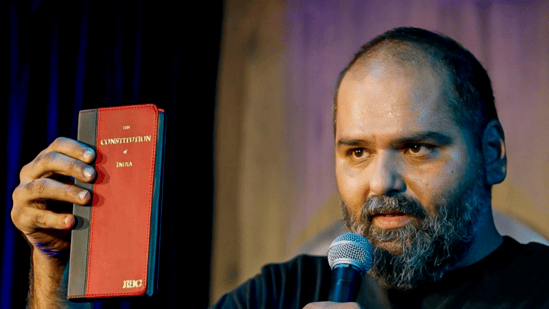
The Article 19 Debate
“But do political parties truly stand for freedom of speech and expression? Or do they defend Article 19 when in opposition and hide behind 19(2), which talks about reasonable restrictions, when in power — using it as a tool of convenience?” (Source: TOI News)
Is it really fair to slap someone with an FIR just because they made a joke that didn’t land well? Or to vandalize their property because you found their humor offensive? And should someone really receive death threats just for sharing their opinion?
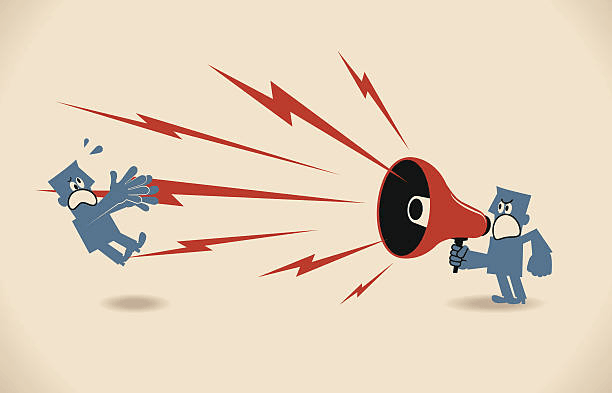
These are valid questions. But what’s more interesting is why some things spark outrage while others, like hate speech from politicians, go unchecked.
It’s actually pretty alarming when you look at the numbers. According to a report by India Hate Lab, hate speech against minorities in India shot up by 74% in 2024—and it peaked during the national elections. (Source: BBC)
That raises a pretty important question: should politicians who spew hate speech themselves get to decide what is an acceptable free expression for the rest of us? Shouldn’t artists, like comedians, have the right to express dissent without fear of retaliation?
Censorship: A Slippery Slope
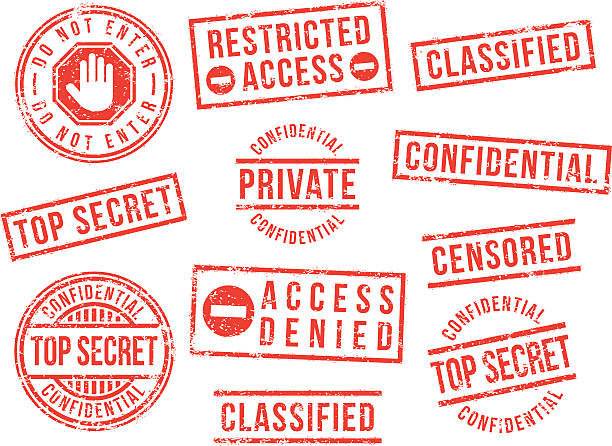
Is censorship really the answer? Or are we just heading down a slippery slope towards a situation that’s eerily reminiscent of Orwell’s 1984?
The censorship debate in India is a real back-and-forth. On one hand, freedom of expression is considered a basic right. But on the other hand, there’s always the question of where to draw the line—and that’s where things get tricky. It’s a slippery slope.
Before you know it, propaganda can start masquerading as truth, and actual truth gets silenced. At what point does censorship stop being about protecting people’s feelings and start being about convenience?
CTRL+Z Takeaways
So, what’s next? It’s time for us to speak up—not just for artists, but for every individual’s right to express themselves freely. Decide whether to call out disproportionate reactions to humor and think critically about the kind of society we want to live in. Do we want to be a society that’s easily silenced, or a democratic one that thrives on criticism and open discussion? The choice is ours.
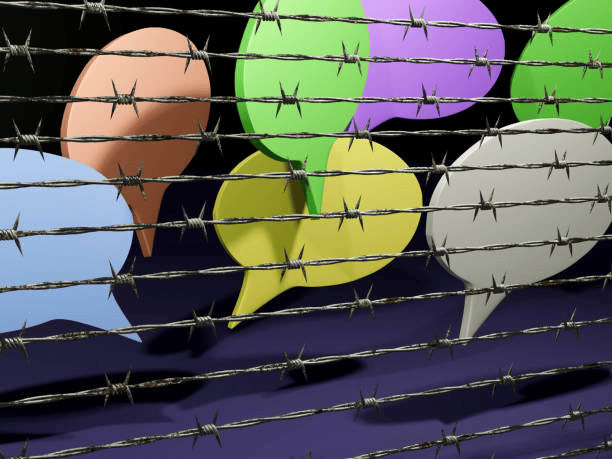
Disclaimer: The views and opinions expressed are not intended to offend or harm any individual, group, or community. If you believe any content is inappropriate, please contact us, and we will address your concerns promptly.
About the Author
Sneha
I’m Laxmi, a content writer who turns caffeine into words and ideas into stories. If creativity had a speed limit, I’d be breaking it daily. Juggling words, dodging writer’s block, and occasionally questioning my life choices—one sentence at a time. Always typing, always snacking, never not thinking!
Quick links
About the Author
Sneha
I’m Laxmi, a content writer who turns caffeine into words and ideas into stories. If creativity had a speed limit, I’d be breaking it daily. Juggling words, dodging writer’s block, and occasionally questioning my life choices—one sentence at a time. Always typing, always snacking, never not thinking!
